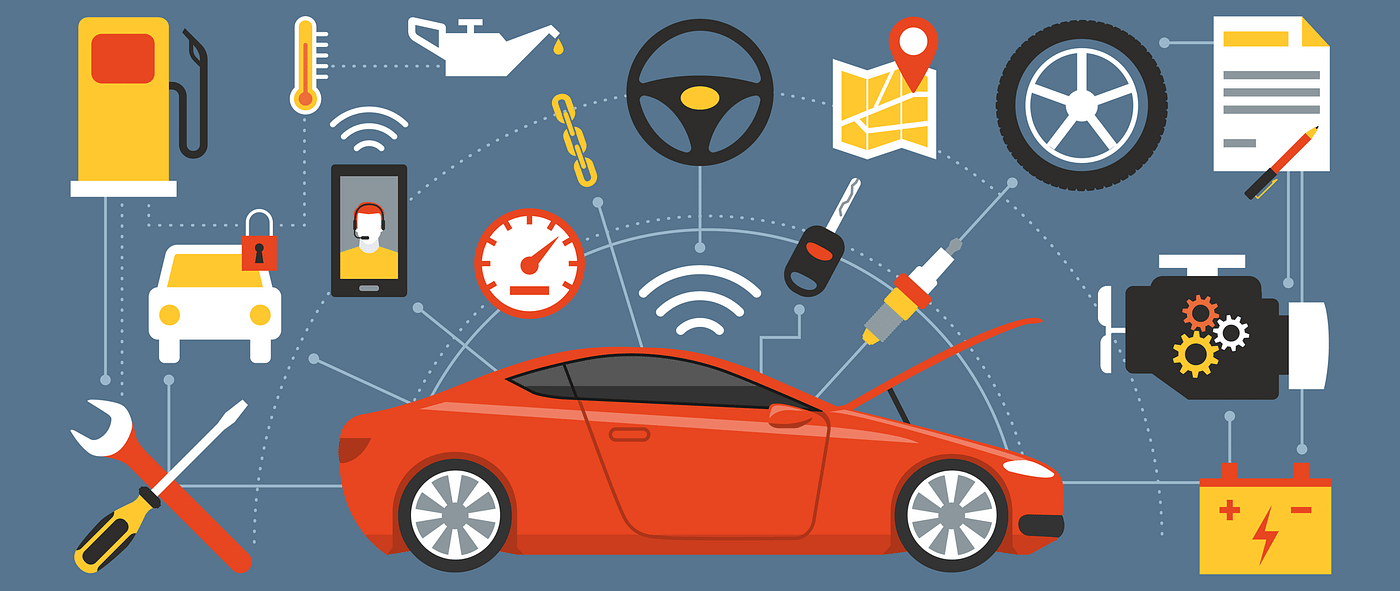Are you a new driver in India? Congratulations on embarking on this journey of independence and mobility! As you hit the roads, it’s crucial to understand the importance of car maintenance. Proper upkeep not only ensures the longevity of your vehicle but also guarantees your safety and the safety of others on the road.
Importance of Regular Maintenance
Regular maintenance is akin to preventive healthcare for your car. Just as you visit a doctor for check-ups, your car needs routine inspections and care to identify and address any potential issues before they escalate. Neglecting maintenance can lead to costly repairs and even compromise your safety while driving.
Oil Changes: Why and How Often?
Oil is the lifeblood of your engine, lubricating its moving parts and preventing wear and tear. Over time, oil breaks down and becomes less effective, necessitating regular changes. As a new driver, it’s essential to understand your vehicle’s recommended oil change intervals, typically every 5,000 to 7,500 kilometers or as advised by your manufacturer.
Steps to Perform an Oil Change
Performing an oil change might seem daunting at first, but it’s a relatively straightforward process. Here’s a basic guide:
- Gather necessary supplies: new oil, oil filter, wrench, oil pan, and gloves.
- Lift your car using a jack and secure it with jack stands.
- Locate the oil drain plug underneath the engine and place the oil pan beneath it.
- Unscrew the drain plug and allow the old oil to drain completely.
- Remove the old oil filter and replace it with a new one.
- Tighten the drain plug, refill the engine with fresh oil, and check for leaks.
Tire Rotations: What Are They and Why Are They Important?
Tire rotations involve moving your tires from one position to another to ensure even wear. Since front and rear tires wear differently, rotating them regularly extends their lifespan and maintains optimal traction and handling. It’s recommended to rotate your tires every 6,000 to 8,000 kilometers or as per your vehicle’s manual.
Basic Checks Every New Driver Should Know
As a responsible car owner, there are several basic checks you should perform regularly:
Fluid Levels
Check your engine oil, coolant, brake fluid, and windshield washer fluid levels and top them up if necessary.
Tire Pressure
Maintaining proper tire pressure not only improves fuel efficiency but also enhances safety and tire longevity.
Battery Health
Inspect your battery terminals for corrosion and ensure a secure connection. If your battery is old or showing signs of weakness, consider replacing it.
Brake Inspection
Listen for any unusual noises while braking and have your brake pads and rotors inspected regularly.
Importance of Addressing Minor Issues Promptly
Ignoring minor issues like strange noises or warning lights can lead to major breakdowns or accidents. If you notice any abnormalities in your vehicle’s performance, don’t hesitate to get it checked by a professional.
How to Find a Reliable Mechanic
Finding a trustworthy mechanic is crucial for maintaining your vehicle. Ask for recommendations from friends and family, read online reviews, and visit several workshops before making a decision.
DIY vs. Professional Maintenance: Pros and Cons
While some maintenance tasks can be performed at home, complex repairs are best left to professionals. Consider your skills, time, and resources before deciding whether to DIY or seek professional help.
Common Mistakes to Avoid in Car Maintenance
Avoid these common pitfalls to ensure effective car maintenance:
- Neglecting regular inspections
- Overlooking fluid changes
- Ignoring warning signs
- Using incorrect or low-quality parts
Importance of Keeping Records
Maintaining a detailed record of your car’s maintenance history helps track its performance, identify recurring issues, and enhance its resale value.
Environmental Considerations in Car Maintenance
Proper disposal of used oil, fluids, and batteries is essential to minimize environmental impact. Dispose of these materials at designated recycling centers or through authorized collection services.
Budgeting for Maintenance Costs
Budgeting for routine maintenance and unforeseen repairs ensures that you’re financially prepared to keep your car in top condition.
Importance of Safety in Maintenance Practices
Safety should always be a priority when performing maintenance tasks. Use appropriate safety gear, follow instructions carefully, and never work under a car supported only by a jack.
Conclusion: Empowering New Drivers to Maintain Their Vehicles
As a new driver in India, understanding the basics of car maintenance is empowering and essential for a smooth driving experience. By following these guidelines and staying proactive in caring for your vehicle, you’ll not only save money on repairs but also ensure your safety and the longevity of your car.
Unique FAQs
- How often should I check my car’s fluid levels?
- It’s advisable to check your car’s fluid levels once a month or before embarking on a long journey.
- Can I use any type of oil for my car?
- No, it’s essential to use the type of oil recommended by your vehicle’s manufacturer for optimal performance and longevity.
- What should I do if my car’s battery dies?
- If your car’s battery dies, you can jump-start it using jumper cables and another vehicle with a charged battery. Alternatively, call roadside assistance for help.
- Is it safe to drive with a warning light illuminated on my dashboard?
- It’s not advisable to drive with a warning light illuminated, as it indicates a potential issue that requires immediate attention. Pull over safely and assess the situation or seek professional assistance.
- How can I extend the life of my tires?
- Regular tire rotations, proper inflation, alignment checks, and avoiding aggressive driving habits can help extend the life of your tires.
